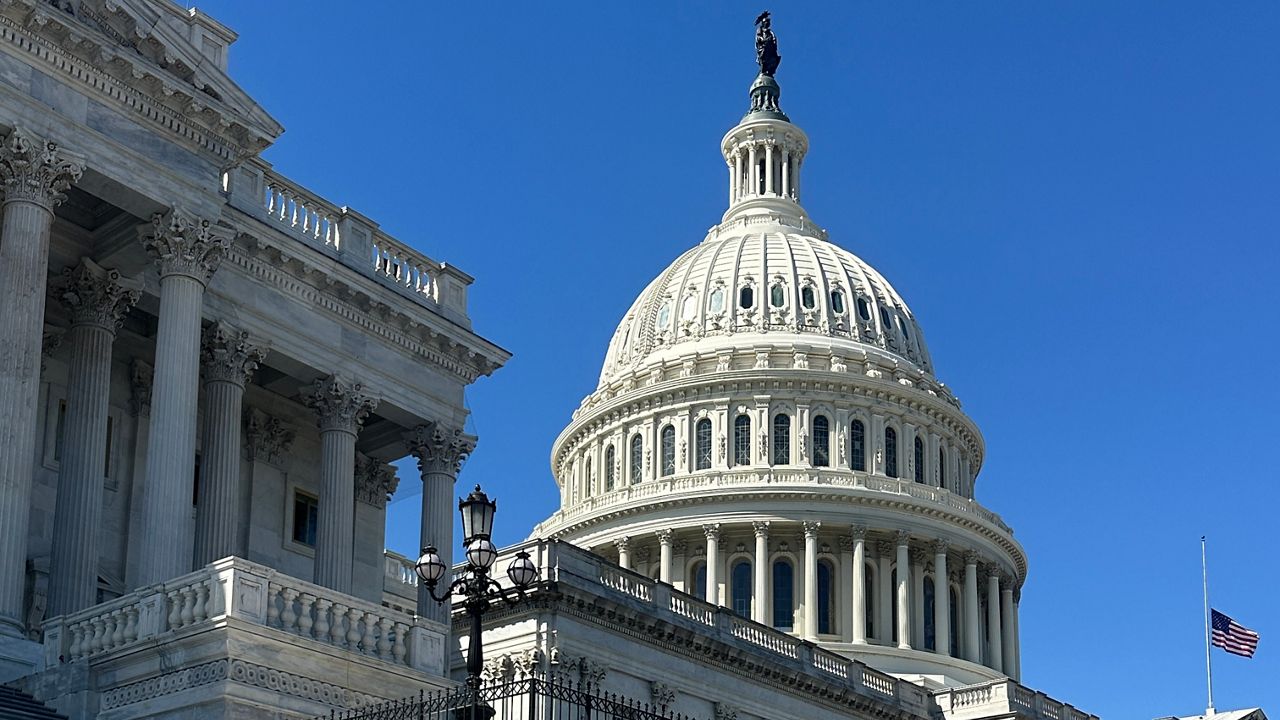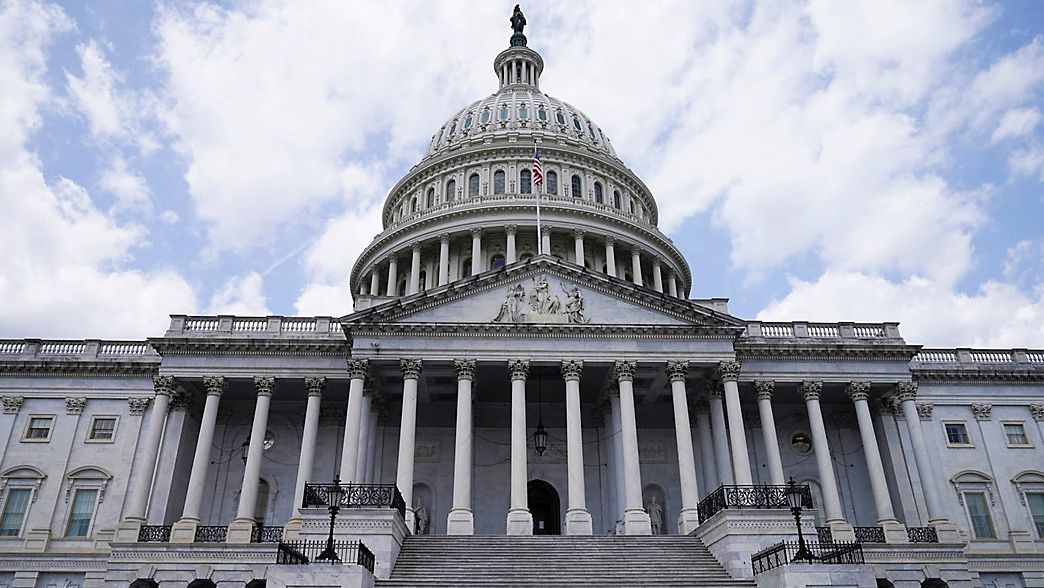WASHINGTON, D.C. — A new report by the U.S. Department of Energy says last year, American coal production fell to its lowest level since 1965. While some environmentalists say it’s time the country and the world move away from coal, the decline in production raises new concerns about the workers, the families and the communities that depend on coal mining.
What You Need To Know
- American coal production fell to its lowest level since 1965, according to the Department of Energy
- The COVID-19 pandemic slowed global demand for coal
- The director of policy and organizing at the Appalachian Citizens Law Center said the path away from fossil fuels must include a “just economy” that uplifts workers left behind
- One policy expert argued what he describes as “industrial progress” is under attack by the growing climate justice movement
U.S. coal production totaled 535 million short tons (MMst) in 2020, a 24% decrease from the 706 MMst mined in 2019, the report says.
Rebecca Shelton, director of policy and organizing at the Appalachian Citizens Law Center, is not surprised by the findings.
The COVID-19 pandemic slowed global demand for coal, and some American coal mines told workers to stay home to slow the spread of the virus.
"In Letcher County, Kentucky, where our organization is based, we've lost about 1,400 jobs in the last 20 years. And beyond that is the concern we have for coal companies shutting their reclamation obligations. Coal companies are supposed to reclaim areas of a mine as they open up new areas for mining...and some companies certainly do this, but other companies do not," said Shelton.
If President Joe Biden’s sweeping climate agenda is enacted, including reductions in carbon emissions, coal production is likely to decline even more. Shelton, an advocate for former coal miners, said that as the industry declines, so does the standard of living in coal communities.
"We can't be looking at solutions solely in terms of the environment. We have to be looking at them in terms of equity, in terms of justice, and in terms of, you know, how do we ensure that our economies are maintained and that goes for coal communities and for all other communities that have been developed to produce a certain commodity for the betterment of the nation," she said.
The Biden administration also supports efforts in Congress to revamp a Civilian Climate Corps that would employ thousands of young people to address climate change. New York Congresswoman Alexandria Ocasio-Cortez, a prominent progressive Democrat in Congress, spoke at a news conference outside of the Capitol in support of the policy this week.
"Our climate crisis today requires a peaceful, but wartime scale, mobilization in order to combat the climate crisis," said Ocasio-Cortez.
While Shelton, like the Biden administration, said the path away from fossil fuels must include a “just economy” that uplifts workers left behind, conservative pro-coal policy expert Alex Epstein argued what he describes as “industrial progress” is under attack by the growing climate justice movement.
"It is true that coal is declining, particularly in the United States. This is something that is generally celebrated. I think it's something that should give us a lot of pause. There are certain situations where coal is legitimately being out competed. So for example, for new power plants, often a natural gas power plant is more cost effective than a coal plant. And in my view, that's great, when there's actually a cost effective competitor, it should emerge, it should win. But coal is often the best solution," said Epstein.
Often cited by Republicans, Epstein was asked to testify before Congress last month.
"Coal is low cost. It has long-term price stability, which is really important, which natural gas doesn't have as much of. It's highly reliable. And most importantly of all, it is resilient, meaning it can handle supply disruptions," Epstein argued.
So far in 2021, weekly coal railcar loadings have been trending higher than last year's levels, the report states.
To help displaced miners, the Biden administration is proposing new money for job training and to reclaim abandoned minelands, work that would provide employment opportunities.
The Department of Interior pledged nearly $10 million for Kentucky to support the work of reclaiming abandoned mine lands earlier this year.










